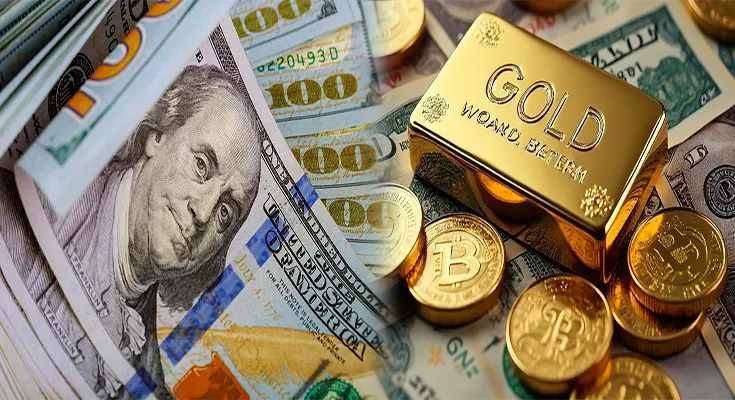
Understanding the Definition of Money in Economics: Key Concepts and Examples
In economics, the concept of money serves as a fundamental pillar of financial systems and plays a pivotal role in the functioning of modern economies. Money, in its broadest sense, encompasses various forms of currency and financial assets that facilitate the exchange of goods and services. With its multifaceted nature, money serves as a medium of exchange, a unit of account, and a store of value, providing individuals and businesses with the means to conduct transactions and measure wealth.
Types of Money
1. Commodity Money:
Commodity money refers to physical goods, such as gold, silver, or other valuable commodities, that possess intrinsic value and are used as a medium of exchange. Historically, commodities like gold and silver served as money due to their scarcity and universally recognized worth.
2. Fiat Money:
Fiat money, on the other hand, derives its value from the trust and confidence placed in the issuing authority, …
Understanding the Definition of Money in Economics: Key Concepts and Examples Read More


